What is the shelf life of Miracle-Gro powder?
nick_b79
16 years ago
Featured Answer
Sort by:Oldest
Comments (17)
duluthinbloomz4
16 years agokqcrna
16 years agoRelated Professionals
West Milford Landscape Architects & Landscape Designers · Allentown Landscape Architects & Landscape Designers · Wrentham Landscape Architects & Landscape Designers · Milwaukee Landscape Architects & Landscape Designers · Cudahy Landscape Contractors · Muttontown Landscape Contractors · Natick Landscape Contractors · Pahrump Landscape Contractors · Tavares Landscape Contractors · View Park-Windsor Hills Landscape Contractors · Watertown Landscape Contractors · San Pablo Landscape Contractors · Dorchester Center Decks, Patios & Outdoor Enclosures · Fort Lee Decks, Patios & Outdoor Enclosures · Olathe Decks, Patios & Outdoor Enclosuresplantermunn
16 years agorobin_maine
16 years agoalbert_135 39.17°N 119.76°W 4695ft.
16 years agonick_b79
16 years agodchall_san_antonio
16 years agodavid52 Zone 6
16 years agoplantermunn
16 years agojean001
16 years agonick_b79
16 years agovicsitter
16 years agocalistoga_al ca 15 usda 9
16 years agofertilizersalesman
16 years agoHU-381740136
3 years agomorpheuspa (6B/7A, E. PA)
3 years ago
Related Stories

FEEL-GOOD HOME12 Very Useful Things I've Learned From Designers
These simple ideas can make life at home more efficient and enjoyable
Full Story
CONTAINER GARDENSHappy Houseplants, Happy People
Potted plants add life and beauty to a room. Learn easy ways to keep them healthy
Full Story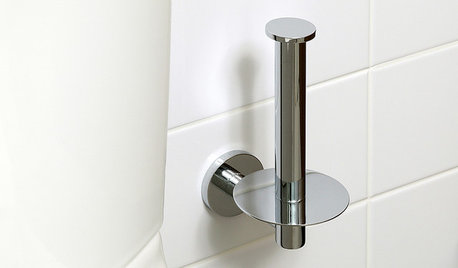
FUN HOUZZ14 Things You Need to Start Doing Now for Your Spouse’s Sake
You have no idea how annoying your habits at home can be. We’re here to tell you
Full Story
LIFE6 Ways to Cool Off Without Air Conditioning
These methods can reduce temperatures in the home and save on energy bills
Full Story
MY HOUZZMy Houzz: Color and Comfort in Upstate New York
Flea market finds mix with reimagined pieces in pastel hues in this beautiful traditional home
Full Story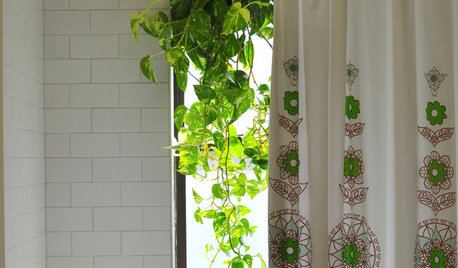
MOST POPULARThe Perfect Houseplant for People Who Kill Houseplants
If you can fill a jar with water, you can keep golden pothos vine happy — and it will pay you back with cleaner air and a greener home
Full Story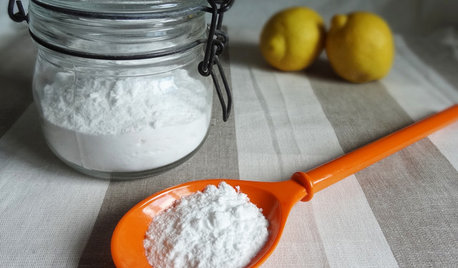
HOUSEKEEPINGBaking Soda: The Amazing All-Natural Cleanser You Already Own
Battle grime, banish odors and freshen clothes with this common nontoxic cupboard staple
Full Story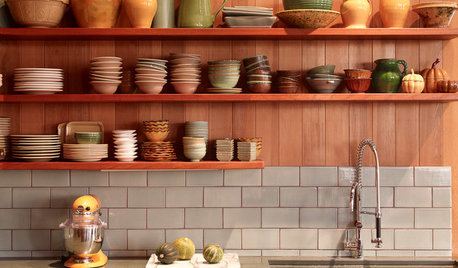
KITCHEN CABINETS9 Ways to Save Money on Kitchen Cabinets
Hold on to more dough without sacrificing style with these cost-saving tips
Full Story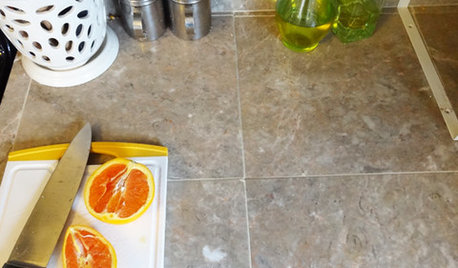
HOUSEKEEPINGHow to Clean Grout — Stains and All
If your grout is grossing you out, this deep-cleaning method will help it look new again
Full Story
TILEPorcelain vs. Ceramic Tile: A Five-Scenario Showdown
Explore where and why one of these popular tile choices makes more sense than the other
Full Story






Kimmsr